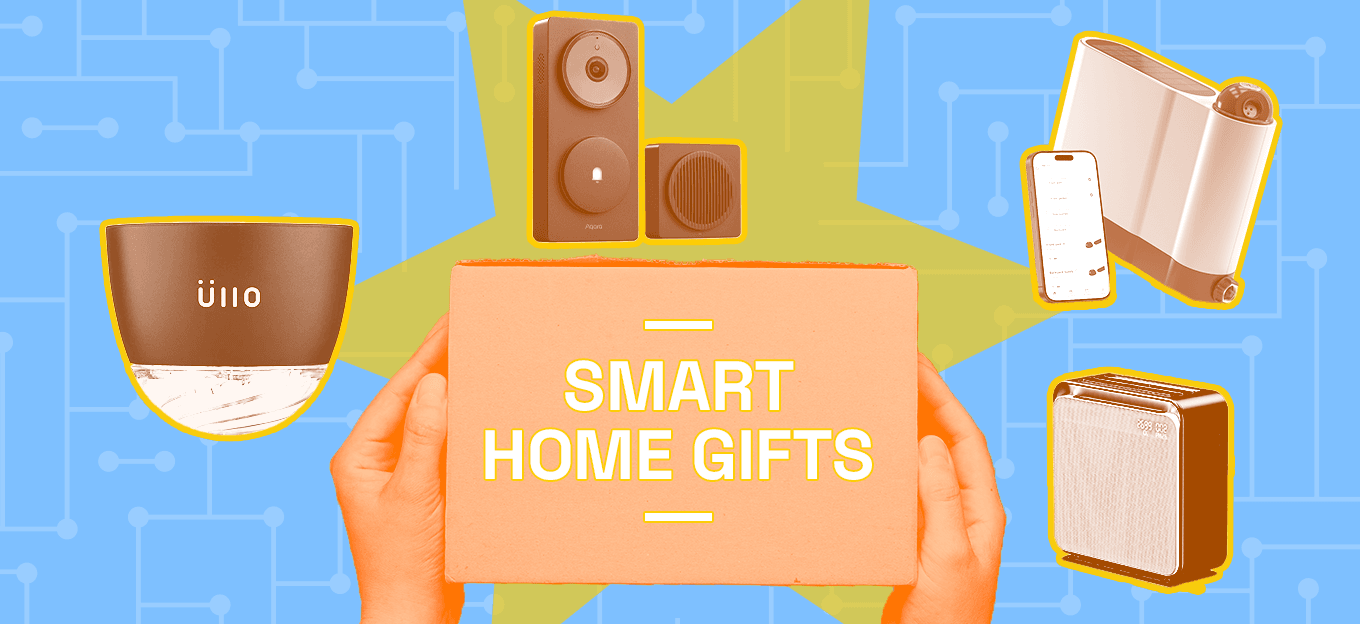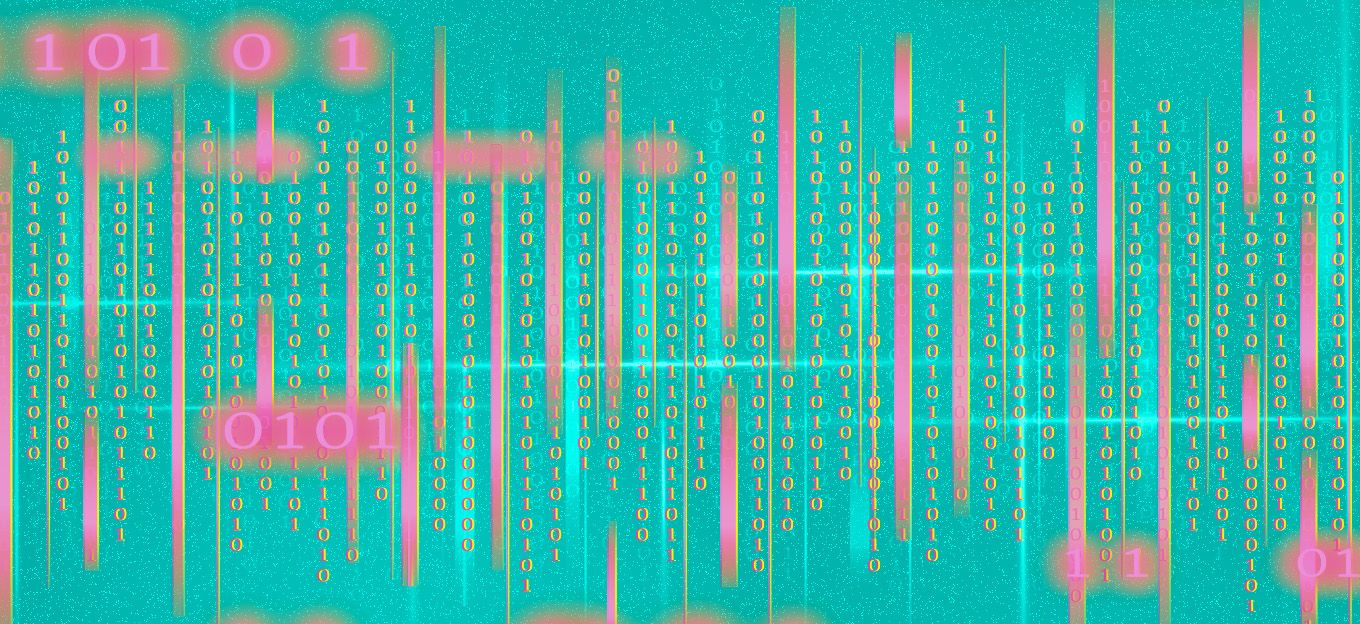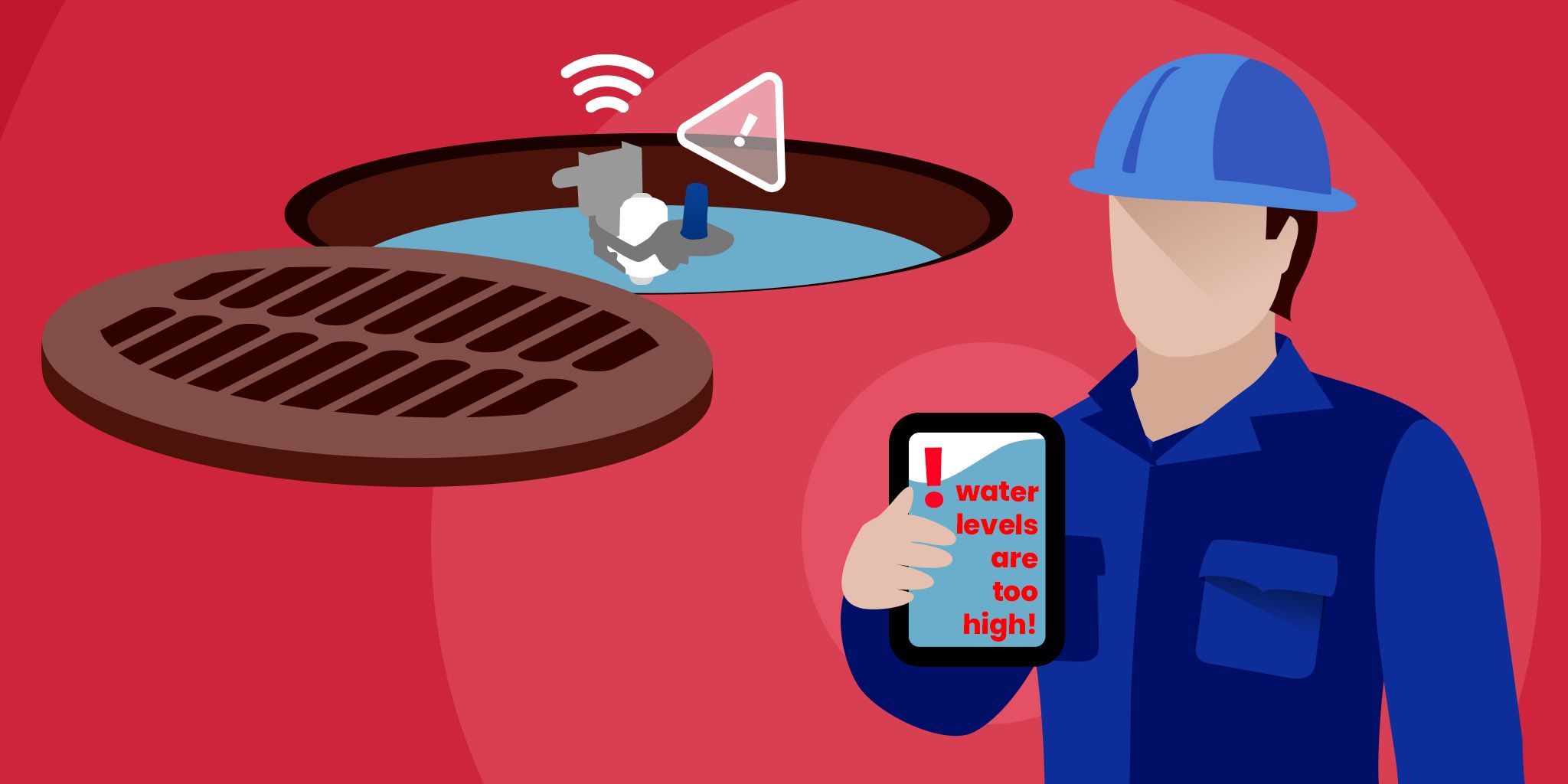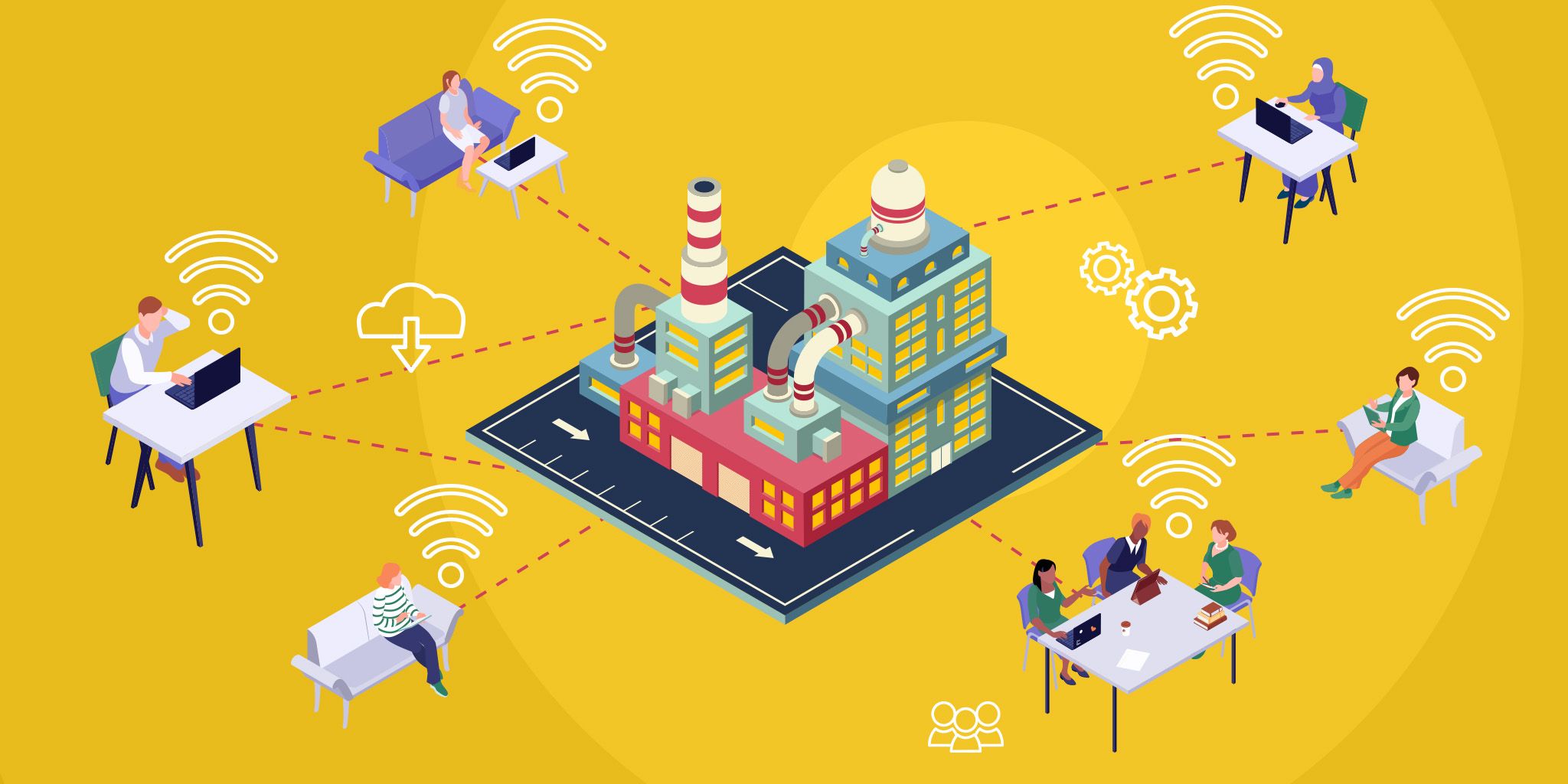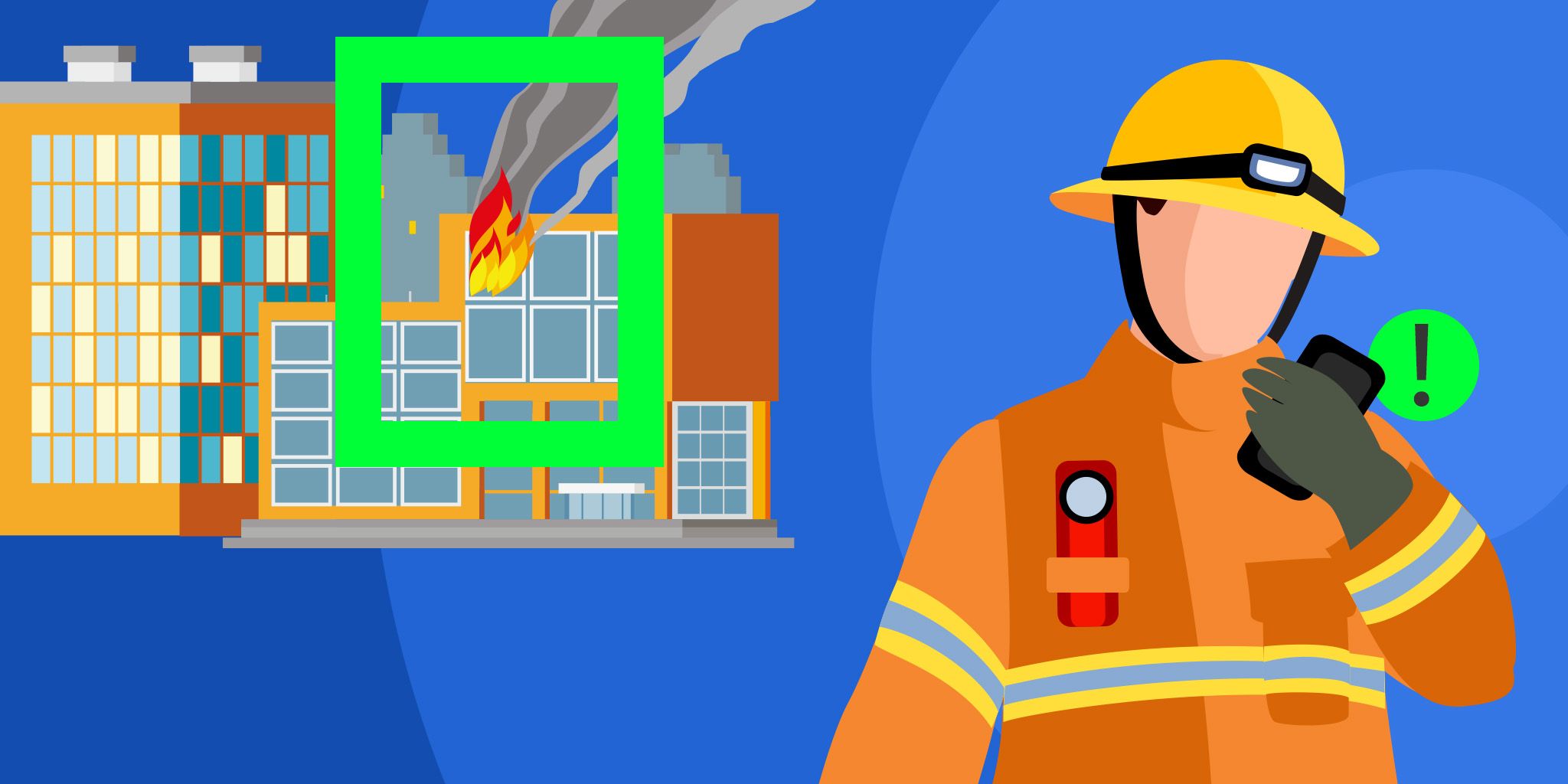3 Ways AI Has Gone Mainstream Without Anyone Noticing
3 Ways AI Has Gone Mainstream Without Anyone Noticing
- Last Updated: December 2, 2024
Andrej Kovacevic
- Last Updated: December 2, 2024



These days, Artificial Intelligence (AI) is everywhere. It powers the smart home assistants that are currently working their way into our collective lives. AI gives us hints on Netflix to help us discover more content we'd like. It can even help hapless would-be grooms to pick just the right diamond for an engagement ring. Even at this early stage of development, AI is getting to the point at which it's easier to look for places where AI isn't than where it is.
Here's a quick video of Yann Lecun, one of the founders of AI (now leading AI at Facebook), explaining how AI works:
Latest Innovations in Artificial Intelligence
The ubiquity of AI means that far more people are being exposed to the technology every day, in countless ways they don't even recognize. That's because AI presents a flexible toolset that lends itself to tasks ranging from the mundane to the fantastic. To illustrate that new reality, here's a look at three ways AI has already gone mainstream before our very eyes—in ways you might not realize.
AI Puts the Smarts in Smartphone Cameras
If you were to ask the average person if they're using any AI tools in their daily lives, they would probably say no (or mention the examples above). It may surprise most people, but if they've taken a picture with a smartphone any time in the last several years, there's a good chance AI had a hand in delivering their Instagram-worthy snapshot.
Right now, the most common usage of AI in smartphone camera systems is in their scene recognition systems and automatic filter suggestions. To the user, these functions happen almost invisibly, but it's really another example of AI at work. In the coming years, smartphone cameras will be able to do some more astonishing things, like take crystal clear photos in the dark or remove objects in photos without disturbing the background (that the camera never saw in the first place)—and it will all be thanks to AI.
1. AI Lends a Helping Hand with Email Drudgery
When email went mainstream, it set off a communications revolution that we're still experiencing today. Even if things like Slack have lessened our dependance on email, the latter is still a huge part of our daily lives. For example, it helps us manage our digital identities.
According to the latest available numbers, approximately 281 billion emails are sent worldwide per day (that's an astounding 36 per person), and the numbers continue to rise. That, in turn, has created a problem: we don't have the time to read and respond to that flood of messages.
That's where AI has stepped in to help. Products like Gmail's Smart Compose use AI to suggest everything from introductory greetings to entire sentences as users type each email response. In short, it's an AI system that can quite literally finish your sentences. A little creepy? Sure it is. It's also yet another example of an AI tool that's at work every day in homes and offices all over the globe—one that you may not have thought about.
AI Carries Us Safely to Our Destinations
There's been plenty of attention paid in recent years to the fast-approaching dawn of the autonomous vehicle revolution. That revolution will be powered by AI, and it will change the way that the majority of people get from place to place every day. What many don't realize, however, is that when the autonomous vehicles arrive, it will represent the second major revolution in autonomous transportation. That's because commercial airplanes have relied on autopilot systems for decades, with the most recent versions integrating rudimentary forms of AI.
When flying today's largest airliners, pilots only spend between 3.5 and 7 minutes doing the flying during an average flight, with computers handling the rest. In the very near future, aerospace giant Airbus expects their AI to reach a level of maturity that would allow for fully autonomous flights.
The US military's DARPA has developed an AI-powered kit called ALIAS that can add autonomous piloting capabilities to existing aircraft. The system has already proven that it can pilot and land a Boeing 737-800NG commercial airliner, so it's a safe bet that for many, the first time an AI system delivers them from one point to another with no human intervention will be in an airplane—not an automobile.
The AI Era Is Dawning
Here's the bottom line: AI has already been extended into countless parts of our daily lives, in ways that tend to escape our notice. That's the true power of the technology, by the way; it can automate, augment and improve almost everything around us, without real disruption or any fanfare. As the years go by, there's a good chance that the public imagination will continue to be captured by the flashiest of AI systems, like Google's Duplex as it achieves wider use.
The real AI revolution will continue to grow and change all around us. Most likely, the majority of its transformations will go unseen and unheralded. One day, you'll just notice that—measured against a few decades ago—your daily tasks and responsibilities have changed dramatically.
The Most Comprehensive IoT Newsletter for Enterprises
Showcasing the highest-quality content, resources, news, and insights from the world of the Internet of Things. Subscribe to remain informed and up-to-date.
New Podcast Episode

Moving Past the Pilot Phase in IoT and AI
Related Articles
